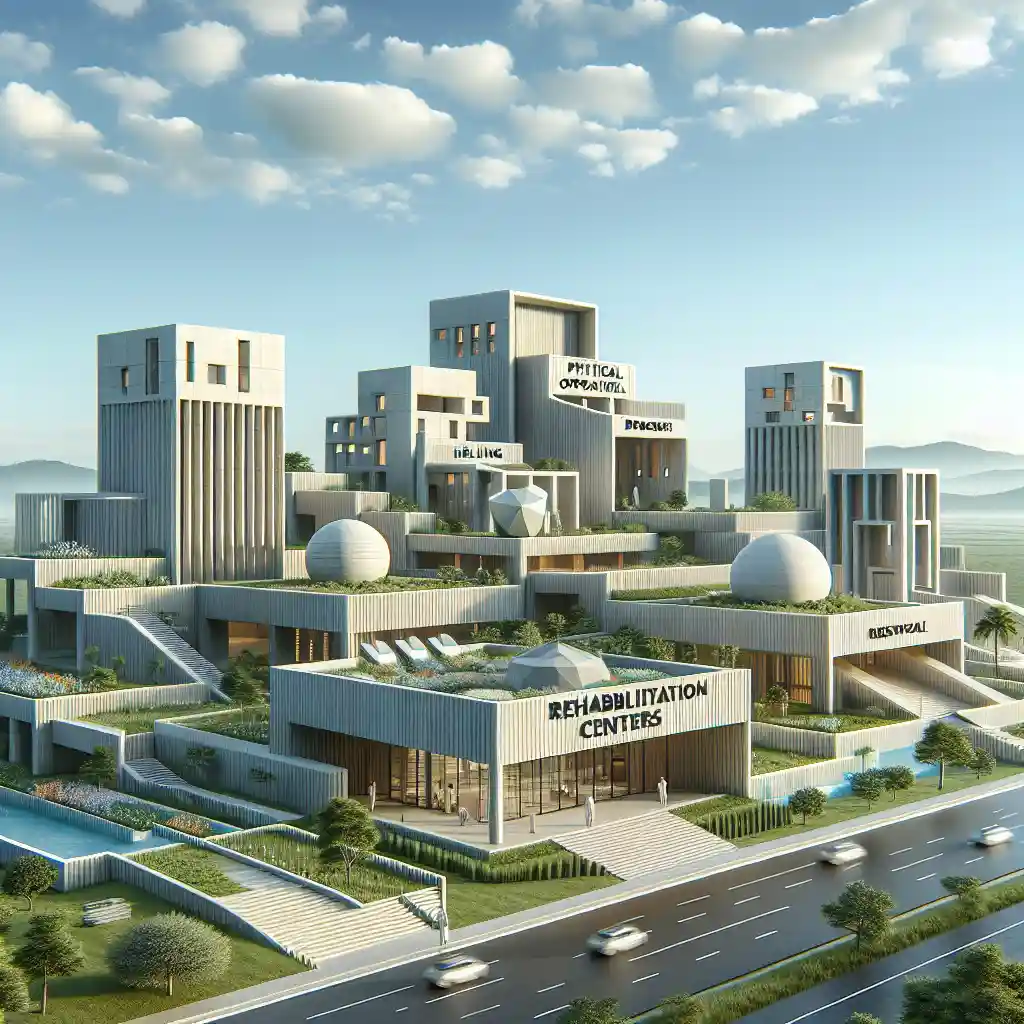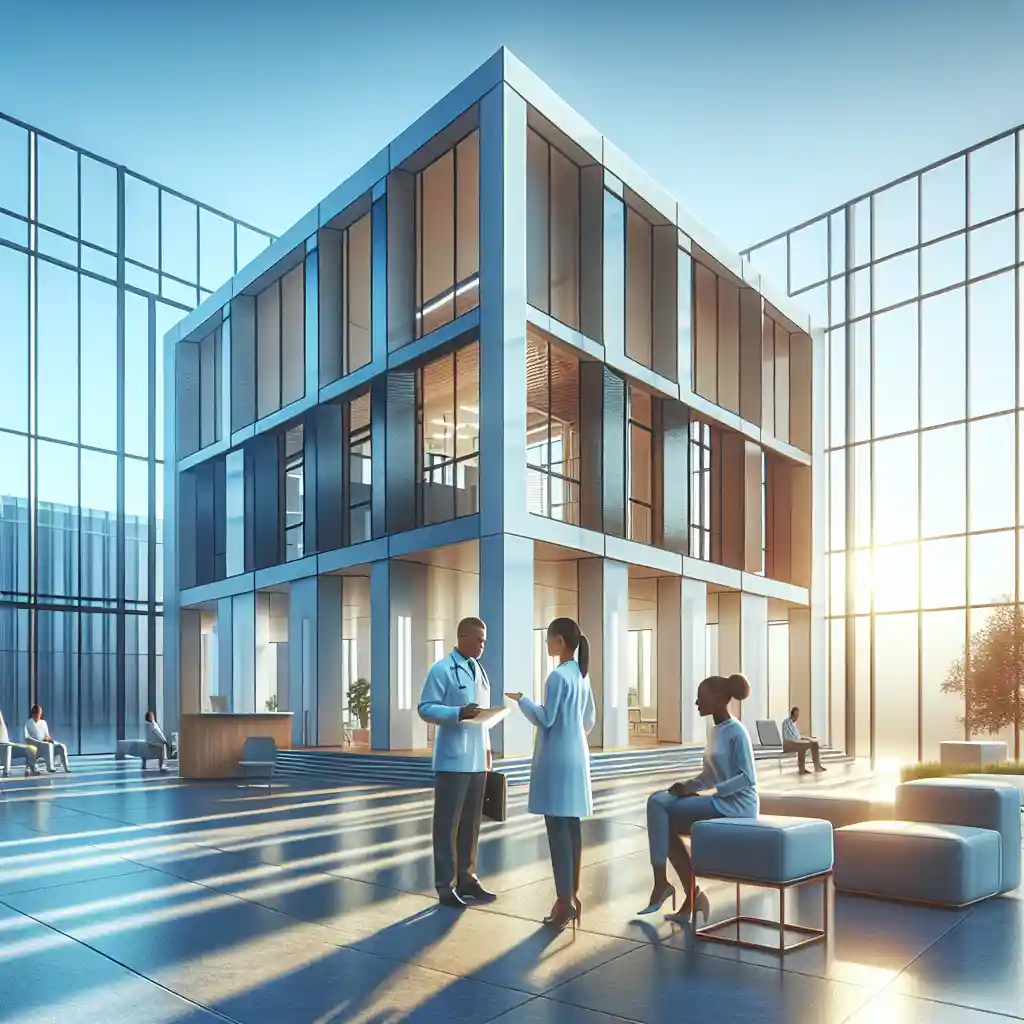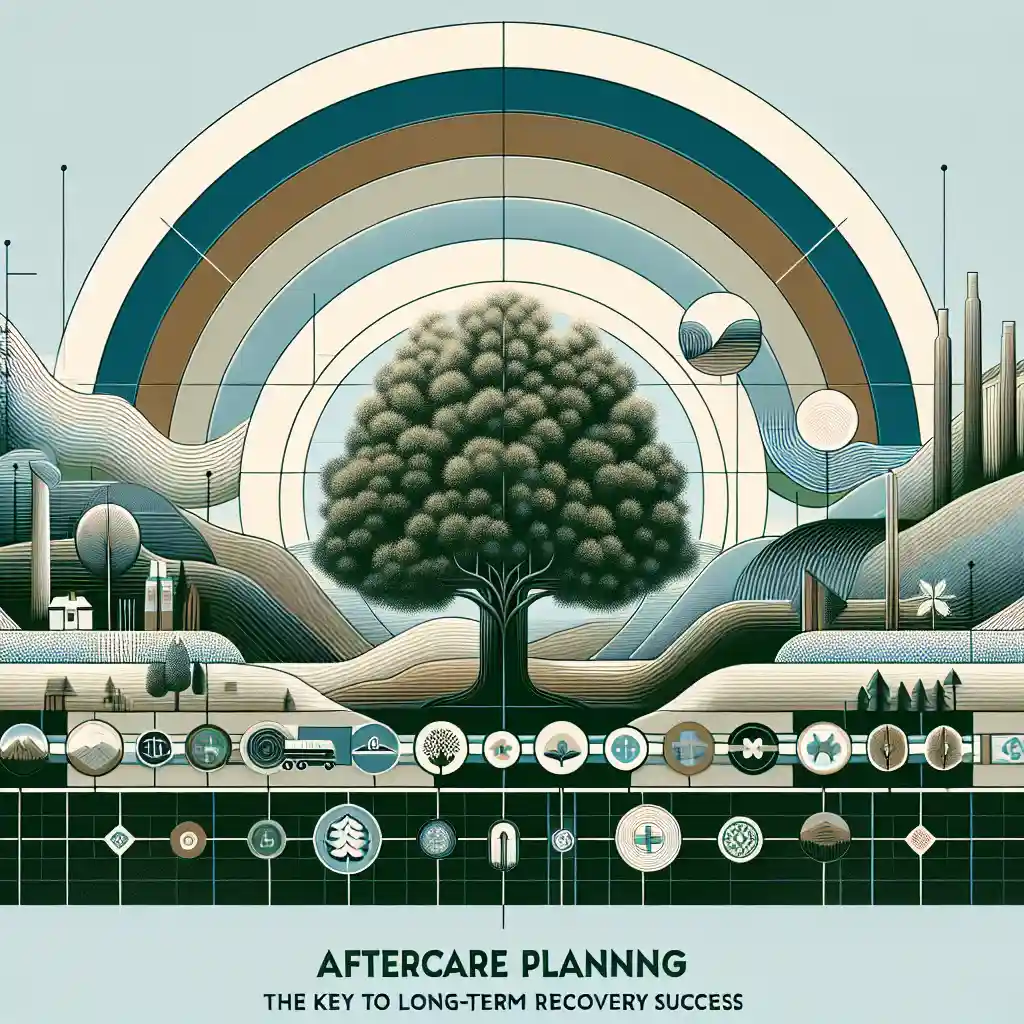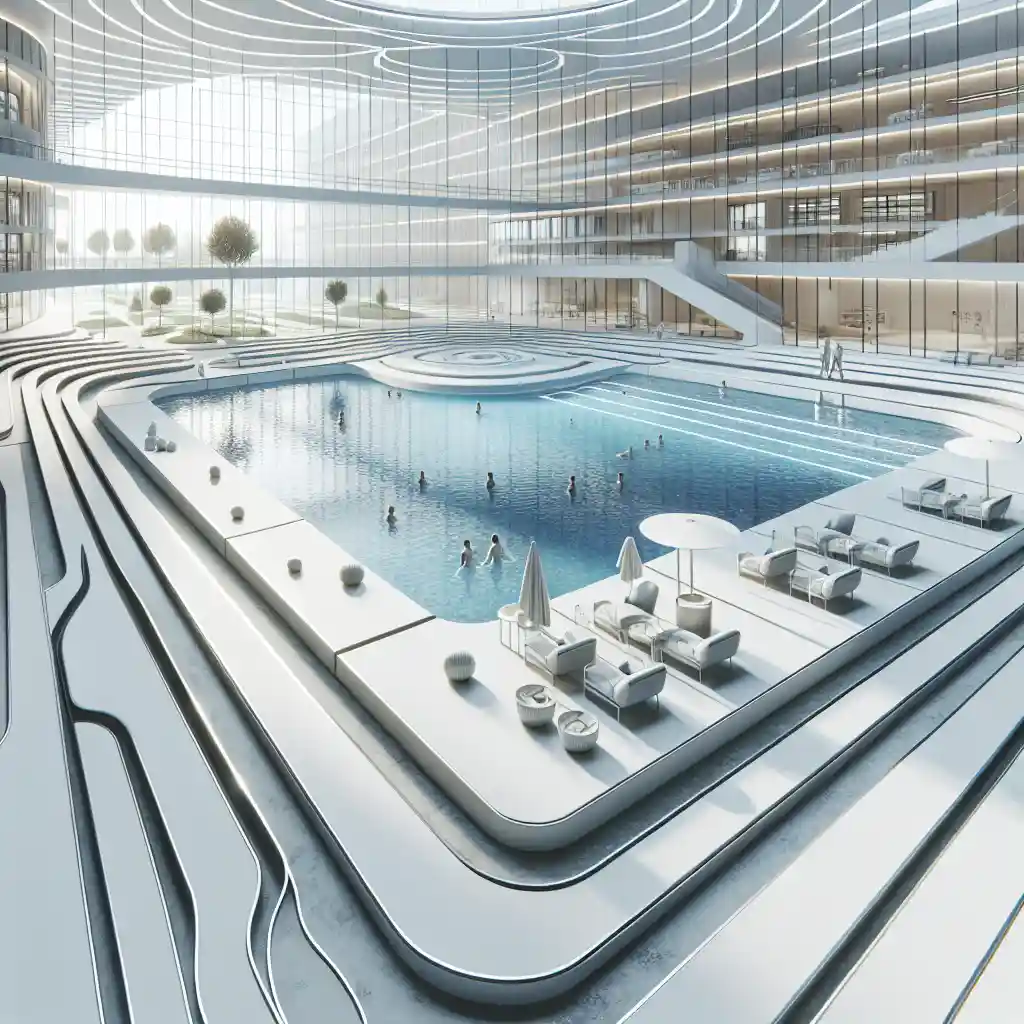Understanding the Different Types of Rehabilitation Centers
Rehabilitation centers play a crucial role in helping individuals recover from various physical and mental health conditions. There are different types of rehabilitation centers available, each catering to specific needs and preferences. In this article, we will explore the various types of rehabilitation centers, including inpatient, outpatient, and holistic approaches, to provide a comprehensive understanding of the options available for those seeking rehabilitation services.

1. Inpatient Rehabilitation Centers
Inpatient rehabilitation centers, also known as residential rehab facilities, offer intensive and immersive treatment programs for individuals struggling with addiction, mental health issues, or physical injuries. Patients reside at the facility for a specified period, receiving round-the-clock care and support from a team of medical professionals. Inpatient rehab provides a structured environment free from outside distractions, allowing individuals to focus fully on their recovery journey. These centers are ideal for those requiring a higher level of care and supervision to overcome their challenges.
2. Outpatient Rehabilitation Centers
Outpatient rehabilitation centers provide flexibility for individuals who wish to receive treatment while maintaining their daily routine. Patients attend scheduled therapy sessions, counseling, or medical appointments at the facility but return home afterward. Outpatient rehab is suitable for those with mild to moderate conditions or those who have completed an inpatient program and require continued support. This type of rehabilitation allows individuals to apply the skills learned in therapy to real-life situations while receiving ongoing guidance from healthcare professionals.
3. Holistic Rehabilitation Centers
Holistic rehabilitation centers focus on treating the individual as a whole, addressing not only the physical symptoms but also the mental, emotional, and spiritual aspects of their well-being. These centers offer alternative therapies such as yoga, acupuncture, art therapy, and meditation to promote healing and recovery. Holistic rehab programs aim to create a sense of balance and harmony within the individual, guiding them towards sustainable lifestyle changes and long-term wellness. By incorporating various holistic approaches, these centers provide a comprehensive and personalized treatment experience.
4. Specialized Rehabilitation Centers
Some rehabilitation centers specialize in treating specific conditions or populations, such as dual diagnosis (co-occurring mental health and substance abuse disorders), trauma recovery, or gender-specific programs. These specialized facilities tailor their treatment protocols to meet the unique needs of their patients, providing targeted interventions and support services. By focusing on specific areas of rehabilitation, these centers can offer expertise and resources that cater to individuals requiring specialized care.
5. Community-Based Rehabilitation Centers
Community-based rehabilitation centers operate within local communities, offering accessible and affordable services to individuals in need. These centers collaborate with local organizations, support groups, and healthcare providers to deliver comprehensive care and resources to their clients. Community-based rehab centers play a vital role in promoting inclusivity and community support for individuals seeking rehabilitation services. They often serve as a bridge between formal treatment settings and ongoing community support systems, fostering a holistic approach to recovery.
Conclusion
By understanding the different types of rehabilitation centers available, individuals can make informed decisions about the most suitable treatment option for their needs. Whether seeking intensive care in an inpatient facility, flexible support through outpatient services, or holistic healing in a specialized center, there are diverse options to explore on the journey to recovery. Each type of rehabilitation center offers unique benefits and approaches to treatment, allowing individuals to find the path that resonates best with their personal goals and preferences. Remember, the key to successful rehabilitation is finding a supportive and nurturing environment that empowers individuals to heal and thrive.








